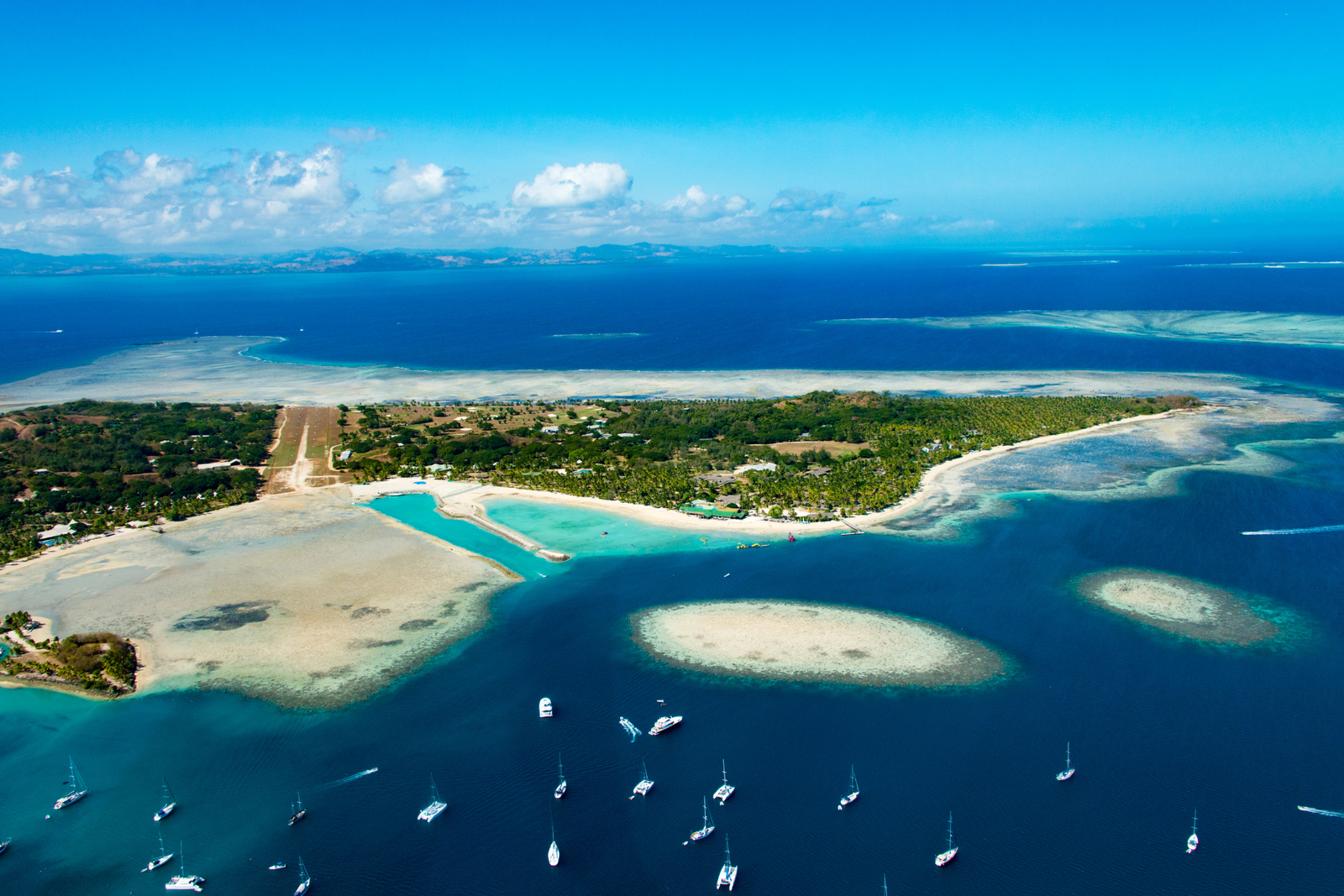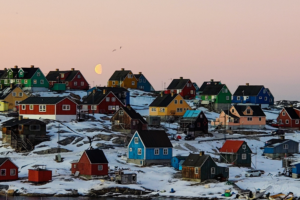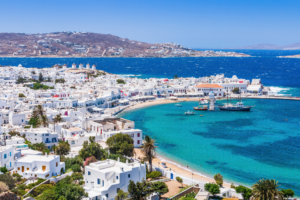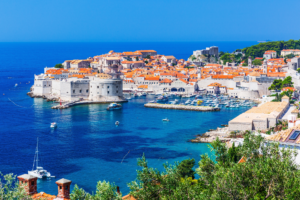Cultural Immersion in Fiji: What You Need to Know
Fiji is a paradise of crystal-clear waters, lush landscapes, and welcoming locals, making it an ideal destination for travelers looking to experience both natural beauty and rich cultural heritage. While the beaches and resorts are famous, Fiji’s culture offers a deeper, more immersive travel experience that shouldn’t be overlooked. If you’re looking to explore the heart and soul of Fiji, here’s what you need to know for an unforgettable cultural immersion.
1. Embrace the Fijian Spirit: “Bula”
One of the first things you’ll notice in Fiji is the warm and friendly greeting of “Bula!” — a word that encapsulates the spirit of Fiji. It means “hello,” but it’s more than just a greeting. “Bula” represents the joy, friendliness, and vibrant energy that Fijians are known for. Whether you’re walking through the capital city of Suva or relaxing in a remote village, you’ll be greeted with a smile and a hearty “Bula!” from the locals. This genuine hospitality sets the tone for your cultural journey.
2. Learn About Traditional Fijian Communities
Fiji is made up of more than 300 islands, and many of its remote villages have preserved traditional ways of life. Visiting a village is one of the best ways to immerse yourself in Fijian culture. Participate in a traditional kava ceremony, a ritual drink made from the root of the kava plant that’s shared among the villagers as a symbol of respect and unity. The ceremony is often accompanied by chanting, music, and dancing, offering a glimpse into the community’s customs.
When visiting a Fijian village, it’s important to dress modestly and respectfully. Women are encouraged to wear a skirt or a sarong, and men should wear long trousers and shirts. Visitors are often asked to remove their shoes before entering the village or the chief’s home, a sign of respect for the sacredness of the space.
3. Experience Fijian Cuisine
Fijian cuisine is a blend of indigenous Fijian flavors, Indian influences, and other Pacific island tastes. One of the most popular dishes is kokoda, a traditional Fijian ceviche made from fresh fish marinated in coconut milk, lemon, and chili. You can also try lovo, a feast cooked in an earth oven. The food is usually served with rice, vegetables, and delicious tropical fruits like papaya, mango, and coconut.
Many resorts and villages offer cooking classes, allowing you to learn how to prepare these dishes yourself. Sharing meals with locals in their homes or at a village feast gives you a true taste of Fijian culture.
4. Dive into Fijian Music and Dance
Fijian music and dance play an important role in the culture, and attending a traditional performance is a must. You’ll find music throughout Fiji, from meka, the traditional Fijian drum beats, to siga, or storytelling through song and dance. The meke dance, often performed during ceremonies or celebrations, is one of Fiji’s most iconic performances, with dancers telling stories through fluid movements and colorful costumes.
Attending a Fijian cultural show at your resort or local community gives you an opportunity to witness these dances, hear the rhythmic drumbeats, and perhaps even learn a few moves yourself!
5. Explore Fiji’s Spiritual Side
Religion plays a significant role in the lives of Fijians, with many locals practicing Christianity. The island’s churches are often beautiful, and attending a Sunday church service can offer a glimpse into the spiritual side of Fijian culture. Many services are vibrant and filled with lively singing, making it an uplifting experience for visitors.
In addition to Christian churches, Fijian beliefs also include elements of traditional animism, where spirits of nature are honored. Understanding these cultural aspects adds another layer to your experience and appreciation of Fiji.
6. Visit Historical Sites and Museums
Fiji’s history is rich and diverse, shaped by its indigenous Fijian culture and influences from British colonialism. To learn more about Fiji’s past, visit the Fiji Museum in Suva, where you’ll find fascinating exhibits on the country’s early inhabitants, its colonial history, and its path to independence. Another important site is the Levuka Historical Port Town, a UNESCO World Heritage site that tells the story of Fiji’s first capital.
If you’re interested in exploring the significance of the islands during the colonial period, make sure to visit Taveuni, known for its historical significance and the remnants of old sugar mills that tell the story of Fiji’s past.
7. Take Part in Local Festivals
Fiji has several festivals throughout the year that offer a wonderful opportunity for cultural immersion. The Bula Festival in Nadi, held every July, is one of Fiji’s largest cultural celebrations, featuring music, dance, art, and food. Similarly, Hibiscus Festival, held in Suva, showcases the beauty and diversity of Fijian culture through beauty contests, parades, and performances.
The Fiji Day celebrations on October 10th, commemorating Fiji’s independence from Britain, is also a great time to experience the national pride and traditional performances.
8. Respect for the Environment and Sustainability
Fiji’s natural environment is closely tied to its culture. The Fijian people have a deep respect for the land, sea, and wildlife. Sustainable tourism practices are growing across the islands, with many resorts and communities focusing on eco-friendly initiatives. Support these efforts by engaging in responsible tourism, such as participating in local conservation projects or simply respecting local customs when visiting sensitive cultural sites.
Conclusion
Cultural immersion in Fiji is an enriching experience that goes beyond the tropical beaches and scenic landscapes. From the warmth of the Fijian people to the traditional ceremonies, music, and food, there’s so much to explore about the island’s heritage. Whether you’re participating in a kava ceremony, learning to cook Fijian dishes, or experiencing a lively dance performance, Fiji offers travelers the opportunity to connect with its authentic culture in a way that will stay with you long after you leave.








